I've broken my rails-rspec. I switched to a different gemset to run a 3rd party test. When I returned to my 2.3.0(default) gemset, I had the following errors.
running rspec gets:
/.rvm/gems/ruby-2.3.0/gems/activesupport-4.2.0/lib/active_support/dependencies.rb:274:in `require': cannot load such file -- rspec/core/formatters/progress_formatter (LoadError)
running rails generate rspec:install returns:
Could not find generator 'rspec:install'. Maybe you meant 'devise:install' or ...
I have tried uninstalling and reinstalling, but errors persist.
Running rspec -v returns:
- rspec-core 3.6.0
- rspec-expectations 3.6.0
- rspec-mocks 3.6.0
- rspec-rails 3.6.1
- rspec-support 3.6.0
It seems that ruby cannot find rspec-core. I have tried the workaround from this post without success. Thank you in advance for any insight you might provide.
Running
rails 4.2.0, ruby 2.3.0
